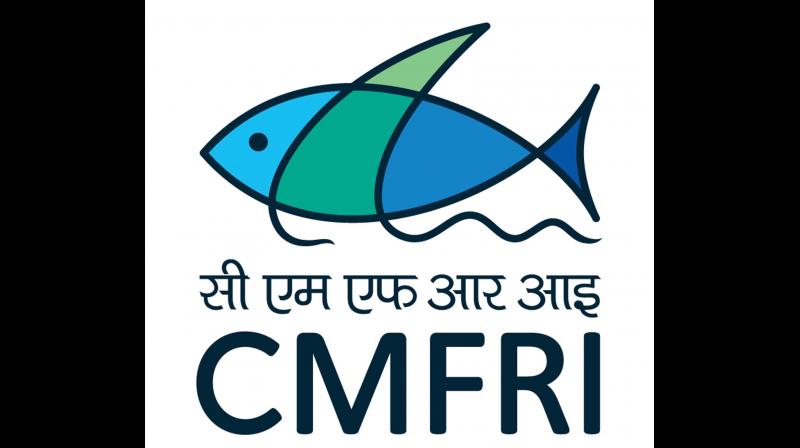Kochi: Ban on sardine fishing mooted

Kochi: A national symposium on fluctuations in oil sardine availability held at Central Marine Fisheries Research Institute (CMFRI) has mooted the idea of imposing a temporary ban on oil sardine fishing during stressful environmental conditions.
Speaking to reporters after the conclusion of the symposium on ‘the enigmatic Indian Oil Sardine’ in Kochi on Tuesday, scientists said they would make a recommendation to the government after holding further research.
Oil sardine, one of the most abundant marine fish species, has shown alarming decrease in the past few years except 2017, mainly due to impact of climate change, excessive fishing and other factors. In 2018 (Jan-Dec) the catch has shown a decline of 55 per cent to 1.55 ton compared with 3.37 lakh tone in 2017.
The symposium has decided to develop forecasting model “for long-term prediction on the abundance of Indian oil sardine on regular basis”. A collaborative research initiative partnering different institutions is required to develop the forecasting model, they said. The experts who have attended the symposium are of the “view that a temporary regulation may recommended during the period of stressful environmental conditions that affect the abundance of oil sardine. The fishing pressure during this period would lead to further collapse of the sardine resource,” they said.
The panel meet also proposed that the minimum legal size (MLS) may be raised to 15 cm from the existing 10 cm in Kerala during the periods of stress such as El Nino years.
The fluctuations of sardine are mainly influenced by unfavourable conditions due to El Nino, stunted growth, spawning disruption, migration from normal fishing grounds and high fishing pressure.
CMFRI director Dr A. Gopalakrishnan said a regular forecasting model will be made possible with the cooperation of research institutes working in climate change, oceanography and fishery biology.
Researchers from National Institute of Oceanography, Indian National Centre for Ocean Information Services, Space Applications Centre of ISRO, Indian Institute of Tropical Meteorology and Central Institute of Fisheries Technology presented their findings.

